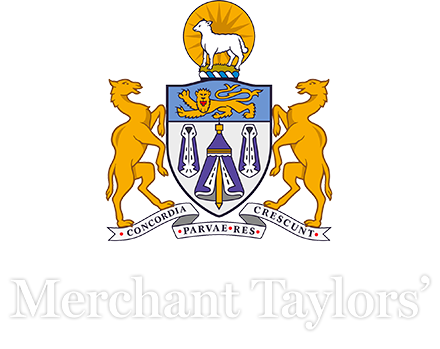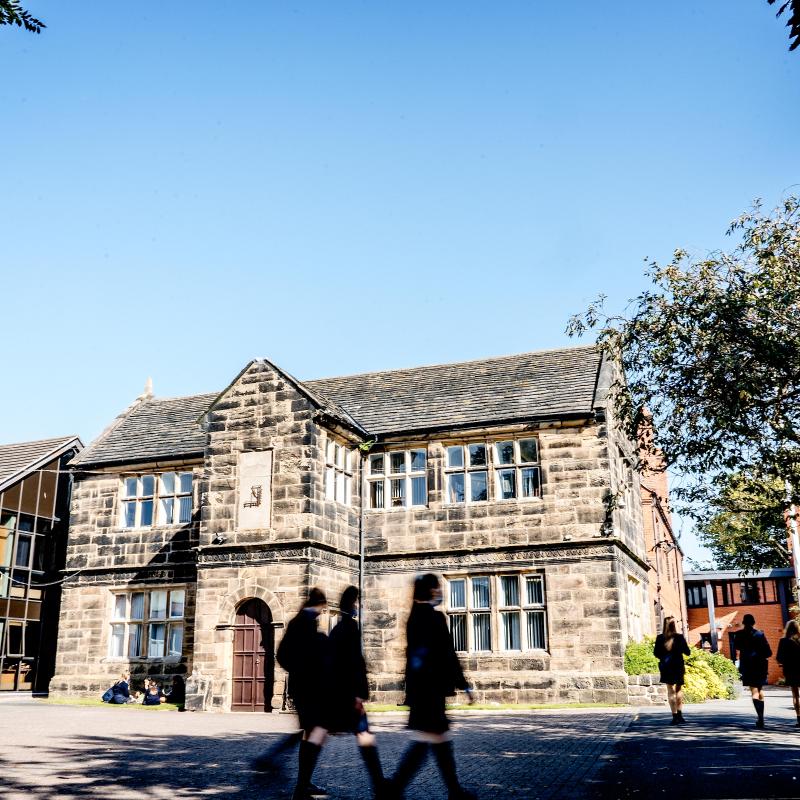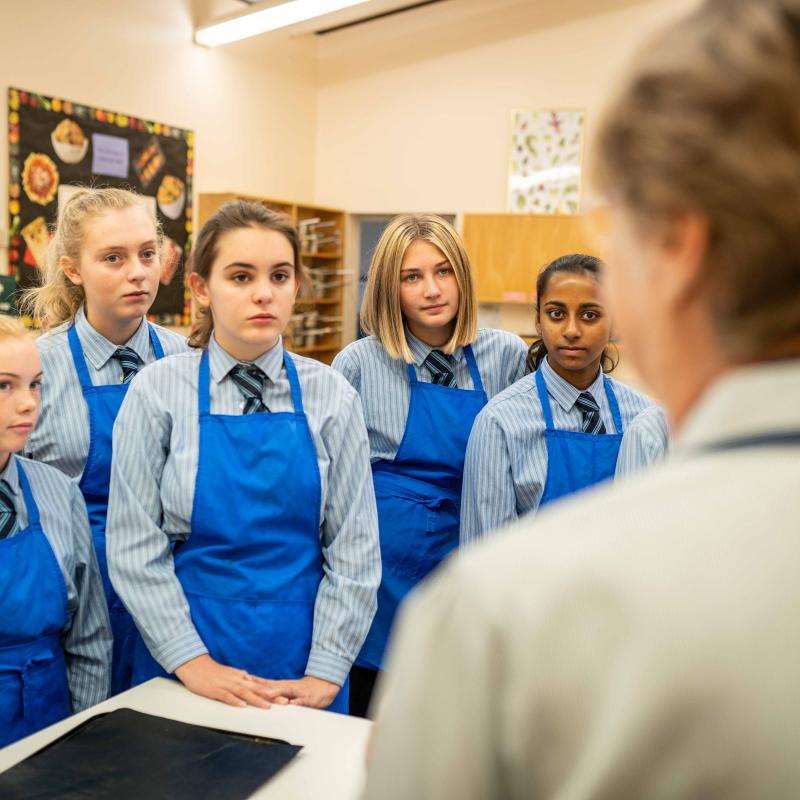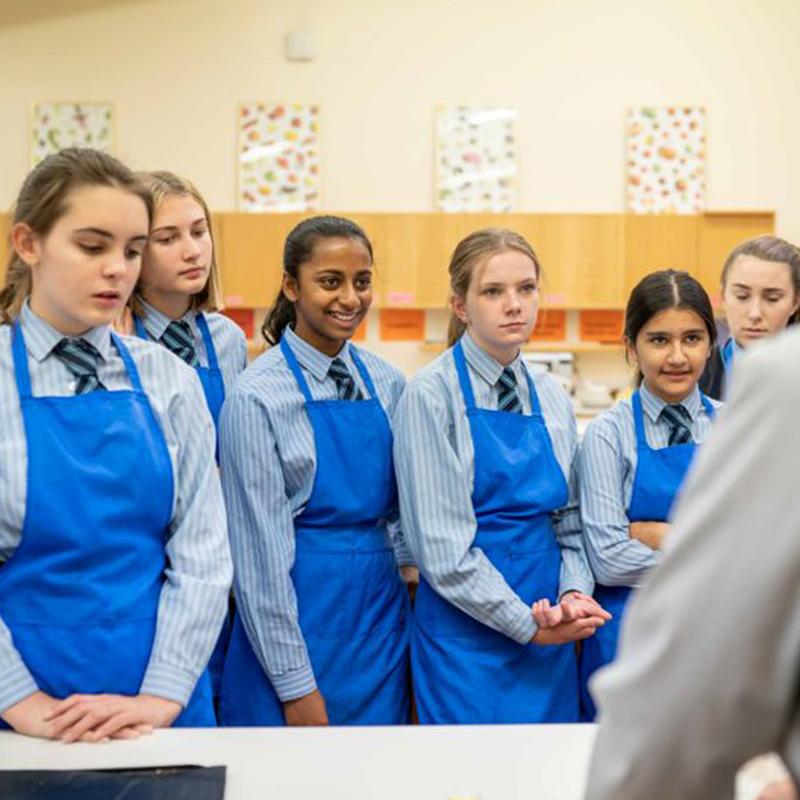Computing & ICT
Computing & ICT provides expertise in discrete information skills, as well as promoting a cross-curricular approach to learning throughout the whole school community including delivering rich media presentations.
It drives innovation in the sciences, engineering, business, entertainment and education, touching every aspect of our lives from the cars we drive to the movies we watch and the way in which businesses and governments communicate with and hear from us.
Girls have access to hundreds of networked PCs alongside iPads, digital cameras, audio and video recording equipment.
Lower School
Year 7
Girls learn to use the Microsoft Office suite of products and how to apply these software skills to solve a variety of problems. They also begin to learn computer programming skills to create a small computer animation.
Year 8
Girls advance their knowledge of spreadsheet and database applications as well as learning skills in Chroma Key technology, website development and computer programming skills.
Year 9
We follow a course in computer programming using Visual Basic, where girls are taught object orientated programming skills and how to apply these to solve real-life problems. This allows them to make an informed choice as to whether they wish to take their ICT and Computing studies further into GCSE and beyond.
GCSE
We offer a Computer Science GCSE course, where pupils learn how to create their own computers, computer networks and software to be run on them.
This has become an increasingly popular GCSE in recent years. We follow the AQA specification, which allows development of both software and ‘soft’ skills such as analysis and evaluation.
Programming and Computational thinking account for a large proportion of the OCR course, providing students with a valuable set of skills for further study and their future careers, whether in a computer science-related field or not.
Girls learn how to write program code that processes data, creates graphics and manipulates files. Computational thinking has particular benefits in terms of logical problem-solving, supporting them in other subjects such as Mathematics, Physics and Engineering.
They also discover the fundamental hardware components and system architecture of computers, as well as networking and what networks offer in terms of creative and destructive potential, with network security and cybercrime featuring heavily in the new OCR specification.
Assessment is via two 90-minute written examination papers and a programming project that should take around 20 hours to complete under controlled conditions.
A Level
A-Level Computer Science is focused on programming and builds upon GCSE Computing, emphasising the importance of computational thinking as a discipline and allowing pupils to deepen their understanding of Computing and Computation.
The course challenges students to apply the knowledge they gain alongside the creative and technical skills they acquire. It comprises three units.
Unit 1. Introduction to the internal workings of the Central Processing Unit (CPU), the exchange of data, software development, data types and legal and ethical issues.
Unit 2. This unit incorporates the knowledge and understanding gained in Unit 1, with a greater emphasis on the practical application of skills that have been taught, ensuring students understand the principles of solving problems by computational methods.
Unit 3. The Programming Project is a substantial piece of work which assesses a variety of different skills including the development and demonstration of computational thought processes (Unit 2). Students choose, with support from their teacher, a well-defined user driven problem use their software skills to develop a solution.
The course is not only for those who want to gain a grasp of programming languages and their application, but also those who wish to gain an insight into how computers affect and shape our society, culture, morality and ethics. It gives pupils the opportunity to imagine how they can play a part in the industries, economies and technological advancements of tomorrow.
There are numerous enrichment opportunities in areas such as football, fashion and the chance to work alongside universities in Liverpool.




